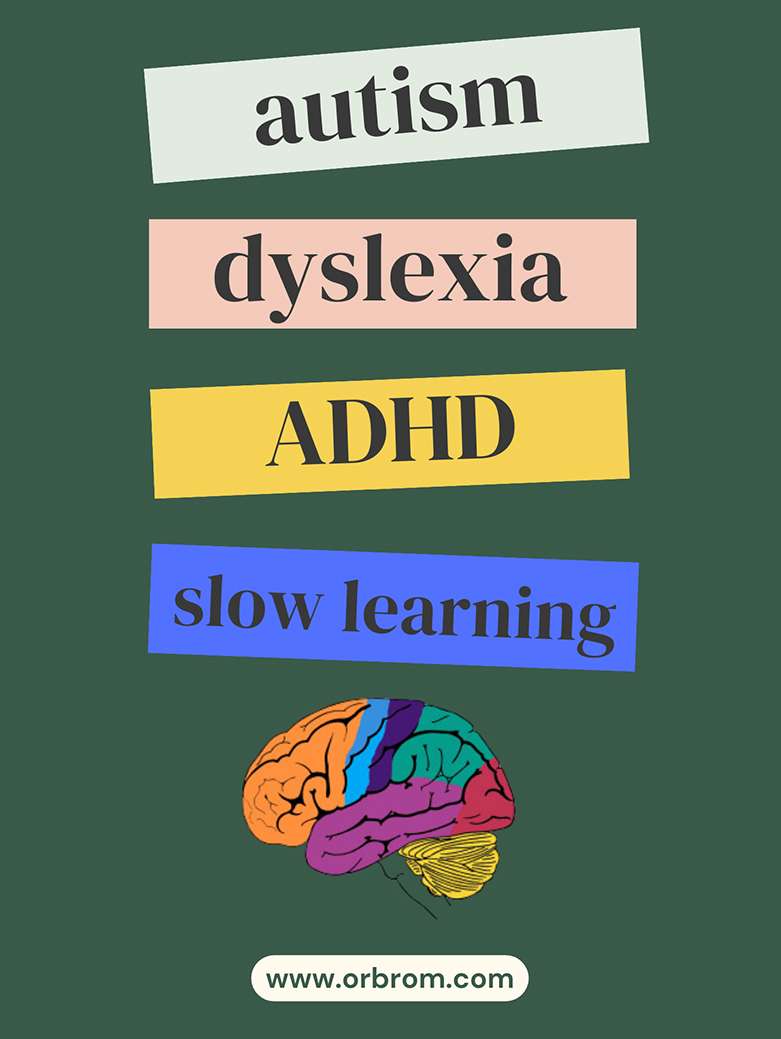Autism Spectrum Disorder (ASD) is a complex neurodevelopmental condition that affects social interaction, communication, and sensory processing. Sometimes, behaviors associated with ASD can be misinterpreted as misbehavior. This blog aims to explore the reasons behind these behaviors and offer strategies for a more positive and supportive approach.
Sensory Sensitivities
People with ASD can experience sensory input differently. Sounds, lights, textures, and smells that seem ordinary to others can be overwhelming or unpleasant for them. This sensory overload can lead to meltdowns, shutdowns, or seemingly disruptive behaviors like rocking, pacing, or repetitive vocalizations.
Social Communication Challenges
Individuals with ASD may struggle to understand social cues, body language, and nonverbal communication. They might have difficulty taking turns in conversation, maintaining eye contact, or understanding sarcasm. This can lead to social awkwardness or frustration, which might manifest as withdrawal or outbursts.
Difficulties with Change and Routine
People with ASD often thrive on routine and predictability. Changes in schedule, unexpected events, or unfamiliar environments can cause anxiety and distress. This can manifest in behaviors like resistance to transitions, insistence on certain routines, or meltdowns when faced with the unexpected.
Limited Communication Skills
Frustration and difficulty expressing needs can lead to challenging behaviors in individuals with ASD. They might resort to tantrums, crying, or physical actions because they lack the verbal skills to communicate their feelings effectively.
Strategies for Supporting Individuals with ASD
- Sensory Awareness: Identify and address sensory sensitivities. This could involve offering noise-canceling headphones, providing fidget toys, or finding quieter spaces.
- Visual Supports: Utilize visual schedules, picture cards, and social stories to help individuals with ASD understand expectations and transitions.
- Clear Communication: Use simple, direct language, avoid sarcasm, and provide clear instructions with visual cues when possible.
- Positive Reinforcement: Focus on rewarding desired behaviors and offering positive feedback for following instructions or managing emotions calmly.
- Building Predictability: Create routines and provide consistent expectations whenever possible. Prepare individuals with ASD for upcoming changes and offer choices when feasible.
- Seeking Professional Support: Consider seeking help from occupational therapists, speech therapists, or behavior analysts who can develop individualized support plans.
Remember: Behaviors associated with ASD are a form of communication. By understanding the underlying reasons and implementing supportive strategies, we can create a more inclusive and positive environment for everyone.
Services for Autism, ADHD, Dyslexia, Spelling Difficulty, social and slow learning, Down Syndrome, and Selective Mutism. OrbRom is the best option in Phnom Penh.
If you are concerned about your child’s development, Contact OrbRom Center for Assessments.
Phone/Telegram: 077.455.993
Telegram Link: https://t.me/OrbRom







